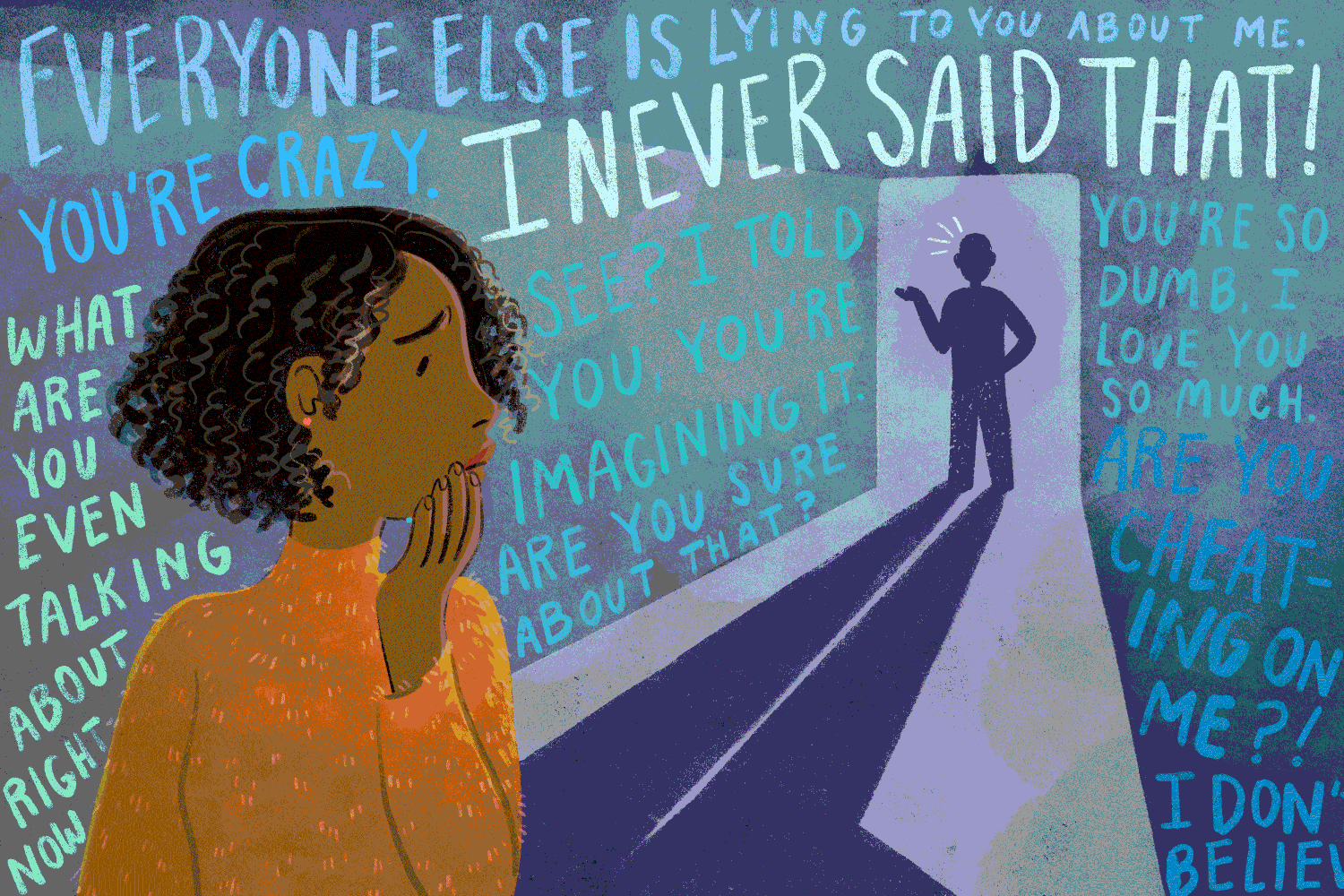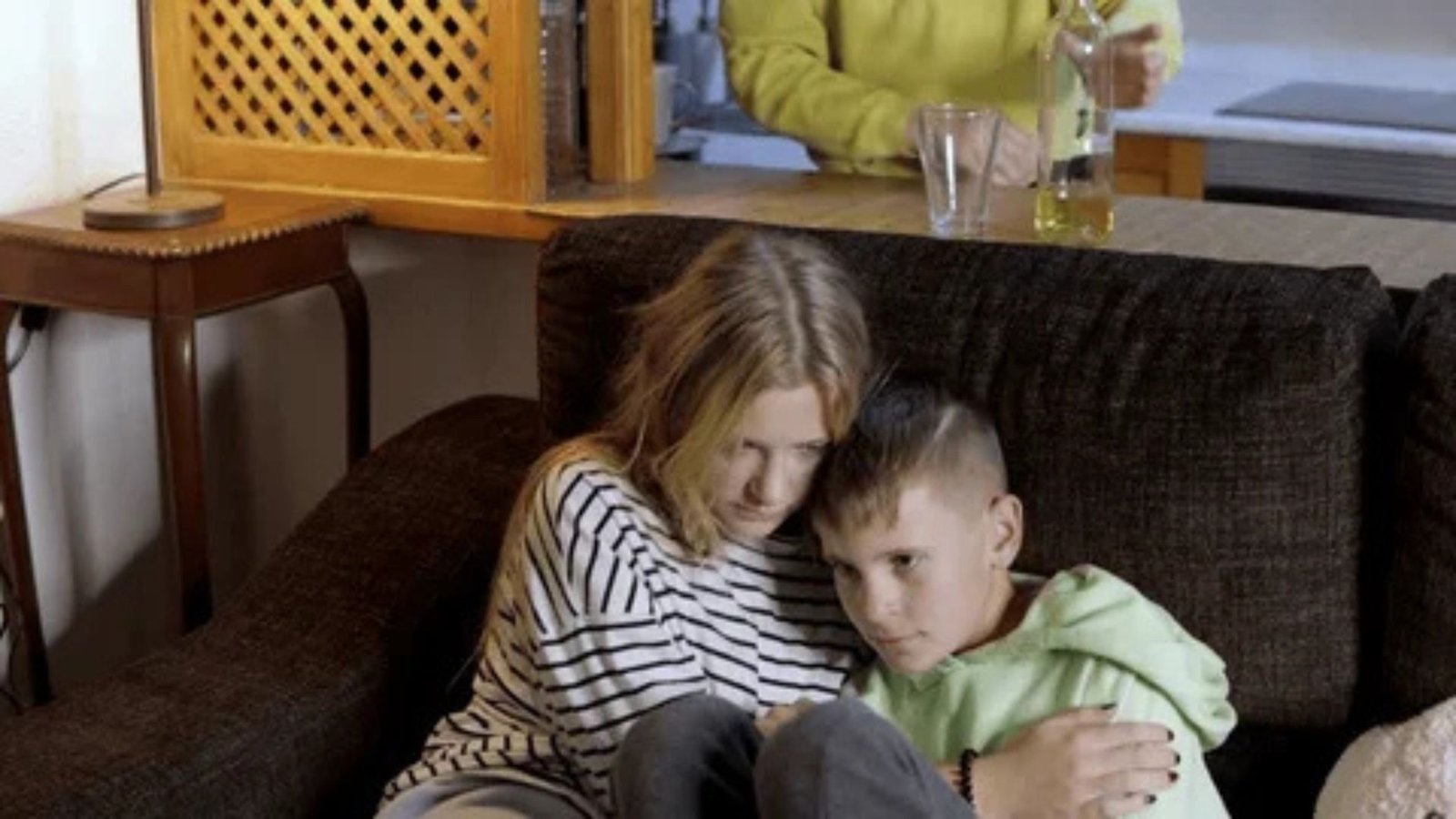Gaslighting in relationships is a manipulative tactic where one person tries to make another doubt their perceptions or feelings. Recognizing gaslighting is essential for protecting your mental health and maintaining healthy connections. If you suspect that you or someone you care about might be experiencing gaslighting, understanding the signs can help you regain control and find support. Let’s give you tips on how to identify gaslighting in relationships.
What is Gaslighting?
Gaslighting is a form of emotional abuse. It involves denying reality, manipulating facts, and creating confusion. The term comes from the play and movie “Gas Light,” where a husband manipulates his wife into thinking she is losing her mind by dimming the gas lights and denying it. This tactic can leave victims feeling insecure, anxious, and unsure of themselves.

Signs of Gaslighting in Relationships
1. Constant Denial of Reality
One of the primary signs of gaslighting is when your partner consistently denies events or facts. For example, if you remember an argument clearly, but your partner insists it never happened, this is a significant red flag. Over time, this can lead you to question your memories and perception of reality.
2. Projecting Blame
Gaslighters often project their issues onto their victims. If your partner blames you for their feelings or actions, it’s a form of gaslighting. For instance, if they say, “You make me so angry,” they are shifting responsibility away from themselves, making you feel guilty for their emotions.
3. Manipulating Your Feelings
Another tactic used in gaslighting is manipulating your emotions. Your partner may tell you that you’re overreacting or being too sensitive. This can make you doubt your feelings and question whether your responses are valid. It’s essential to trust your emotions and recognize that they are legitimate.
4. Undermining Your Confidence
Gaslighting can erode your self-esteem. If your partner frequently criticizes your thoughts, decisions, or abilities, this is a clear sign. For example, they might say things like, “You always make the wrong choice,” which can lead you to lose confidence in your judgment.
5. Isolating You from Others
Gaslighters often try to isolate their victims from friends and family. They may criticize your loved ones or make you feel guilty for spending time with them. This isolation is a tactic to gain more control over you and limit outside perspectives that could help you recognize the abuse.
6. Creating Confusion
Gaslighters thrive on confusion. They may mix facts with falsehoods, making it difficult for you to discern the truth. For instance, they might agree with you on a topic one day and completely contradict themselves the next. This inconsistency keeps you off-balance and questioning your reality.
7. Using “Love” as a Weapon
Some gaslighters manipulate love and affection to control their partners. They might say things like, “If you loved me, you wouldn’t question me.” This tactic makes you feel guilty for seeking clarity and reinforces their control over you.
8. Dismissing Your Concerns
If you express concerns about your partner’s behavior and they dismiss your feelings, this is a sign of gaslighting. Statements like “You’re being dramatic” or “You’re imagining things” minimize your experiences and can lead to self-doubt.
9. Using Your Past Against You
Gaslighters may bring up past mistakes to discredit you. They might say, “You always do this” or “You’re just as bad as I am.” This strategy keeps you on the defensive and diverts attention away from their manipulative behavior.
10. Gradual Escalation
Gaslighting often starts subtly and escalates over time. You may not notice it at first, but as the manipulation becomes more severe, it can significantly impact your mental well-being. Recognizing these gradual changes is crucial for addressing the issue.
Conclusion
Identifying gaslighting in relationships is vital for your emotional health. If you notice these signs, it’s essential to seek support from friends, family, or a mental health professional. Remember, you deserve to be in a relationship where your feelings and perceptions are respected. Trust yourself and take steps to reclaim your reality.




